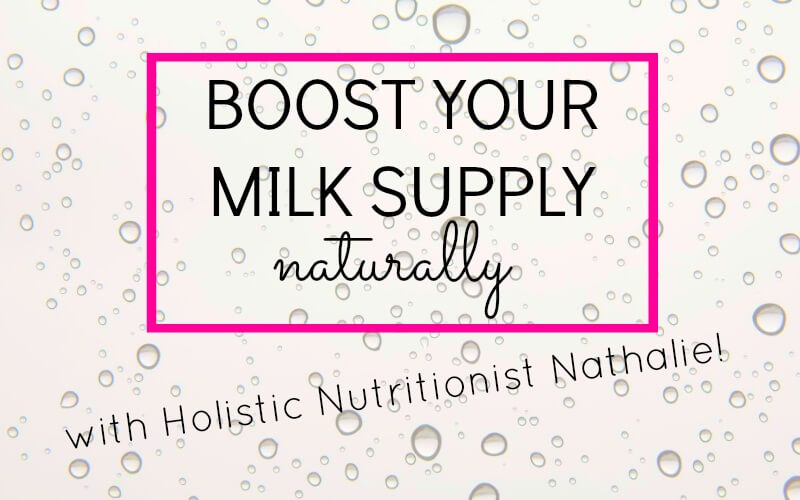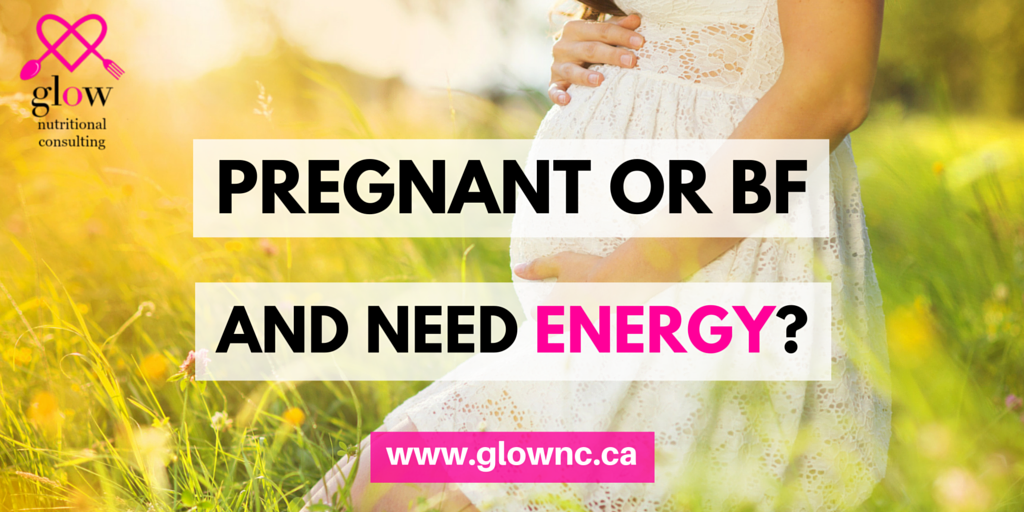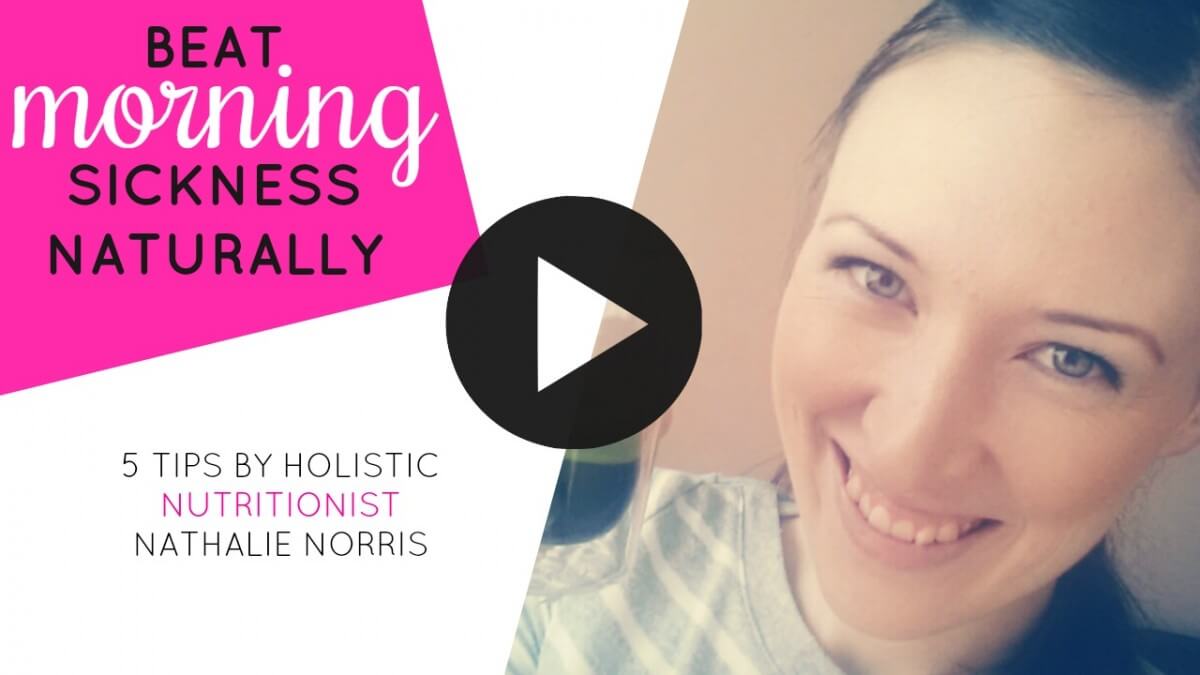Welcome, beautiful! I am excited to share, as a Holistic Nutritionist and as someone who is completely independent from vitamin companies, what my favourite prenatal vitamins are.
First, I’ve checked out some of the most frequent searches on Google about prenatals, so I want to answer some of those for you, and then I’ll get into the brands that I personally recommend and will use myself in the future.
Now, you’ll see I said brands in plural, and that’s because there are: a) lots of great ones out there, and b) one isn’t going to be perfect for everyone. In fact, in women who come to see me for morning sickness, one of the first things I do is switch up the prenatal they’re taking, and change up the time at which they’re taking it. Lots of times this alone can make a BIG difference.
So, onwards to a few frequently asked questions:
1. Do I have to take a prenatal?
No, of course, you don’t HAVE to do anything. It’s completely up to you. The reason I love and support them and the idea of them, is because I know first-hand that it’s HARD to get everything you need (every vitamin, mineral, gram of protein, complex carbs and great fats) every single day.
Note I did not say impossible.
But hard.
Your body will pull whatever it needs to build Baby from your own stores. So if you’re not eating enough protein, your smart bod will start to break down muscle. If you’re not getting enough brain fats, your body will start breaking down your brain (Hello, Mommy brain). Baby will get what it needs.
But in an act of self-love, in an act of re-fueling yourself so you’re energized once Baby is born, so that you’re not exhausted, feeling burnt out, not cared for and like you need to re-fuel somehow, I think it’s important to at least take a prenatal, and a good one at that.
Baby will get what it needs, unless you do not have any (in which case, a prenatal is SUPER important). But you’ll come out, if you’re not re-stocking your stores, feeling drained, exhausted and having a really hard time (always feeling like they drained you) if you don’t refill your vital nutrients you need for energy, feeling good and optimal health.

2. When should I start taking a prenatal?
My advice is, as soon as you start trying (or stop NOT trying) to conceive.
That’s because folic acid is needed (one of the key nutrients in prenatals) in the first 28 days of pregnancy to properly build the brain and spinal cord. After day 28 of pregnancy – and keep in mind lots of couples are just finding out they’re pregnant at that point or just before – the neural tube has closed, and there’s no going back to re-build it.
Taking a prenatal throughout the time you’re trying to conceive, one that contains a solid dose of folic acid, can cut the risk of neural tube defects like spina bifida and anencephaly by 50%.
Women who need more folic acid than what’s in a prenatal would be those who were on the birth control pill (which depletes folic acid), women who have a family history of neural tube defects, and those who eat lots of refined grains, boxed foods and very little to no fruits and veggies.
3. Can I just take the single-dose, one pill a day prenatal vitamins? Or are the multiple times a day prenatals better?
I recommend a prenatal vitamin that you take a few times a day.
This is for two reasons:
- Taking smaller doses more often can reduce nausea, because you’re not taking a ton of overwhelming nutrients all at once, and
- Lots of nutrients are water-soluble, meaning what you don’t use within about 4 hours, you’ll pee out. By taking a prenatal a few times a day, in separated doses, you’ll spread out when you get these water-soluble nutrients in, so you don’t just pee them all out at one time and go the next 24 hours without them.
4. How should I take a prenatal?
Generally, any good prenatal will have some minerals and vitamins that can make you feel a bit nauseous (what you absolutely don’t need right now) if you take them alone, without food.
So it’s always best to take your prenatal with food.
Some are gentler on the stomach and say they can be taken on an empty stomach, I personally would stay away from taking them first thing in the morning, when your nausea and stomach can be most sensitive. (Though nausea can absolutely happen at any time of day, you don’t want to set it off first thing with a prenatal on an empty stomach).

5. What are your favourite prenatal brands as a Holistic Nutritionist?
I like whole food brands first, pulled from organic food, followed by prenatal vitamins with well-absorbed vitamin and mineral bonds (chelations). I don’t like brands that pretend to be prenatals, and even say that, but skip out on minerals (technically, they’re still a multi-VITAMIN because they contain vitamins, but they mislead women who don’t know better and leave out essential minerals).
So, in no specific order (they’re all good – there is not one perfect gold standard for everyone):
- If you’ve never taken herbs to heal your body – Mega Food Baby & Me Herb-Free
- If your body is used to taking herbs – Mega Food Baby & Me (with herbs)
- If your body is used to taking herbs – Garden of Life MyKind Organics (vegan)
- New Chapter Perfect Prenatal
- Douglas Laboratories Prenatal Pack (could be helpful for women especially with lots of nausea, or women who have a hard time swallowing pills. While I don’t love that they didn’t just go for the cleanest DHA and EPA available (algae-based), their fish oil is pulled from fish at the bottom of the food chain, meaning it’s better than some out there)
- CanPrev Prenatal Multi
6. Are there other supplements you recommend during pregnancy beyond a prenatal?
Yes. There are some holes in prenatal vitamins, unfortunately.
Calcium and magnesium are generally recommended in addition to your prenatal vitamin. That’s because most prenatal vitamin companies add only tiny amounts of these two critical minerals, expecting that most women are taking calcium and magnesium separately. They also can’t fit EVERYTHING into one single (or even a few separated dose) pill(s).
Secondly, in the first trimester specifically, I’d use a high-absorption (no-constipation) iron supplement taken away from my prenatal. That’s because minerals will fight for absorption, so taking iron separately from other minerals in your prenatal can improve your exhaustion fast. If you’re thinking you won’t need iron during pregnancy, just keep in mind that during the first trimester, your blood volume doubles.
You are making a LOT of new blood FAST and it’s incredibly hard to eat healthy AND get (and absorb!) that much iron from just foods alone. Spa-Tone or Vital F are both incredibly good iron supplements. Don’t go for a high-dose version thinking it will help your body more (anything in the 300 mg range your Doctor might recommend), they’re highly constipating and incredibly low-absorbing. Vital F should be thrown away after 40 days of having the bottle open, but at a standard dose for pregnancy, you’d use it up within that range. Always read and follow labels, in conjunction with the advice of your Holistic Nutritionist, Midwife and/or Doctor.
If there is iron in your prenatal vitamin and your ferritin levels and hemoglobin come back well into the normal range, adding an extra iron supplement is not necessary. Your Midwife or Doctor will test these levels during pregnancy.
And lastly, prenatals don’t contain great brain fats in helpful doses, with the exception of Douglas Laboratories above. I’ve seen other prenatals claiming to have DHA and EPA, but unfortunately these are incredibly low doses, because again, there’s just not room for EVERYTHING you need in a few pills a day.
Of course, your baby is growing its brain, so it’s really important that you get those fats in! For more on this, watch my short, free video about a drink that will LOAD you with invaluable fats during pregnancy or breastfeeding (or both).
And if you’re still looking for the already-converted fats even after this video watch, I recommend Nutri Vege as a clean fish oil alternative.
Do you have a question about your prenatal? Post in the comments so I can help you out, or jump into my amazing Facebook Group and ask me there.
Sources: For more on Folic Acid and Neural Tube Defects, jump over here.
Edited to add:
I had a fabulous question come through to me on Facebook about Folic Acid vs. Folate. Lots of sites are claiming that taking synthetic folic acid is super-dangerous, but that folate is okay.
I’ve taken some time to read a bunch of studies on folic acid and folate, and I just wanted to pass along what I’ve learned.
Here’s what I found, and my final opinion based on what I was able to find (sources below) :
In the study from Norway that showed increased cases of lung cancer in those people who took vitamin B12 and folic acid, it’s important to note that 94% of those that got lung cancer were either current or past smokers, and that other studies can’t seem to come up with the same results from folic acid alone in humans.
The second thing to note is that when Canada started fortifying grains with synthetic folic acid, they took detailed notes and studied the risk of neural tube defects as the provinces introduced the newly-fortified grains and cereals.
Neural tube defects lowered as the synthetically-fortified grains and cereals were introduced.
The supplements I recommend above use whole food folic acid and pre-converted folic acid (folate and calcium L-5-MTHF), so either way they’re still great 😉
But it seems as though the cancer risk can’t be repeated in studies in humans, and smoking and a history of smoking is obviously and strongly linked to lung cancer.
Because folic acid and folate seem to help SO much with neural tube defects, I don’t want to write an article that scares women away from taking what has been shown, both in synthetic and natural forms – to help prevent neural tube defects like spina bifida and anencephaly.
Just to be extra-safe, though, and to give you some options if you are still concerned, the supplements above contain the natural or pre-converted forms of folic acid.
I hope that helps you out!
Sources:
Multivitamin Supplementation During Pregnancy: Emphasis on Folic Acid and l-Methylfolate
Folic Acid for the Prevention of Neural Tube Defects
Reduction in Neural-Tube Defects after Folic Acid Fortification in Canada
Folic Acid, B12 May Increase Cancer Risk






One thought on “The Best Prenatal Vitamins”